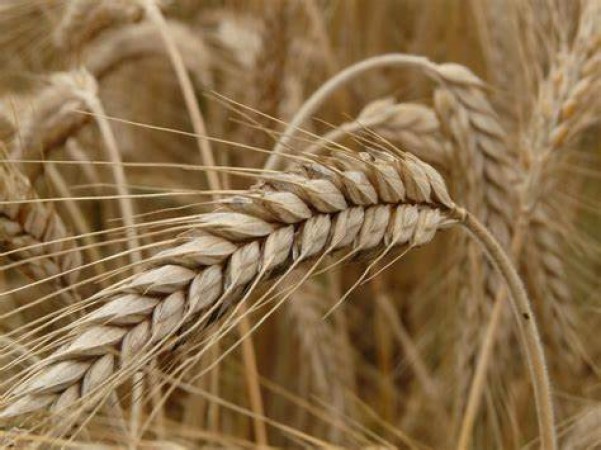
In this comprehensive guide, we'll explore the fascinating world of barley, a cereal grain that has played a crucial role in human nutrition for centuries. We'll cover its various forms, its rich nutritional profile, potential health benefits, as well as how to cook and use it in your daily meals.
Barley, scientifically known as Hordeum vulgare, is one of the oldest cultivated grains in history. This cereal grain belongs to the grass family and has been a fundamental part of diets across different cultures and civilizations.
Barley is incredibly versatile and comes in several distinct forms:
Hulled barley is the least processed form, still containing its outer hull. While it is the most nutritious, it requires longer cooking due to its tough outer layer.
Pearl barley has had its outer husk removed, making it faster to cook. However, this process also removes a portion of the bran layers, slightly reducing its fiber content.
Barley can be ground into flour, providing an excellent gluten-free alternative to wheat flour. It's a valuable ingredient in baking and cooking, especially for those with gluten sensitivities.
Barley is a nutritional powerhouse, offering a range of essential nutrients:
Barley is an excellent source of dietary fiber, promoting healthy digestion and aiding in weight management. Fiber also helps regulate blood sugar levels.
It contains vital vitamins and minerals like B vitamins, iron, magnesium, and selenium, contributing to overall health and well-being.
For those seeking to maintain a healthy weight, barley is a great choice as it is low in calories and fat.
Let's delve into the numerous health benefits associated with incorporating barley into your diet:
The fiber, potassium, and antioxidants in barley can significantly contribute to a healthy heart by lowering cholesterol levels and blood pressure.
Barley has a low glycemic index, making it an excellent choice for individuals seeking to manage their blood sugar levels and reduce the risk of type 2 diabetes.
Thanks to its high fiber content, barley promotes a feeling of fullness, aiding in weight management by preventing overeating.
While barley is generally considered safe for consumption, certain individuals need to exercise caution:
Barley contains gluten, a protein that can trigger adverse reactions in people with celiac disease or gluten sensitivity.
In rare cases, individuals may experience allergic reactions to barley, resulting in symptoms like hives, itching, or difficulty breathing.
To prepare barley, combine three parts water to one part barley, and simmer until it reaches a tender consistency. This cooked barley can be utilized in various dishes.
Barley is remarkably versatile in the kitchen. It can be incorporated into a plethora of recipes, adding a delightful nutty flavor and a chewy texture. From hearty soups and stews to nutritious salads, the options are endless.
Barley stands as a nutritional powerhouse, offering an array of health benefits. Whether you enjoy it in a comforting bowl of soup or as a key ingredient in a vibrant salad, the addition of barley to your diet is a delightful and health-conscious choice.
September Rains, Inflation Control, and Govt Measures in India
Enhancing Male Fertility: Foods to Avoid for a Healthier Sperm Count
The Bee Crisis: Examining Einstein's Warning and the Impact on Humanity